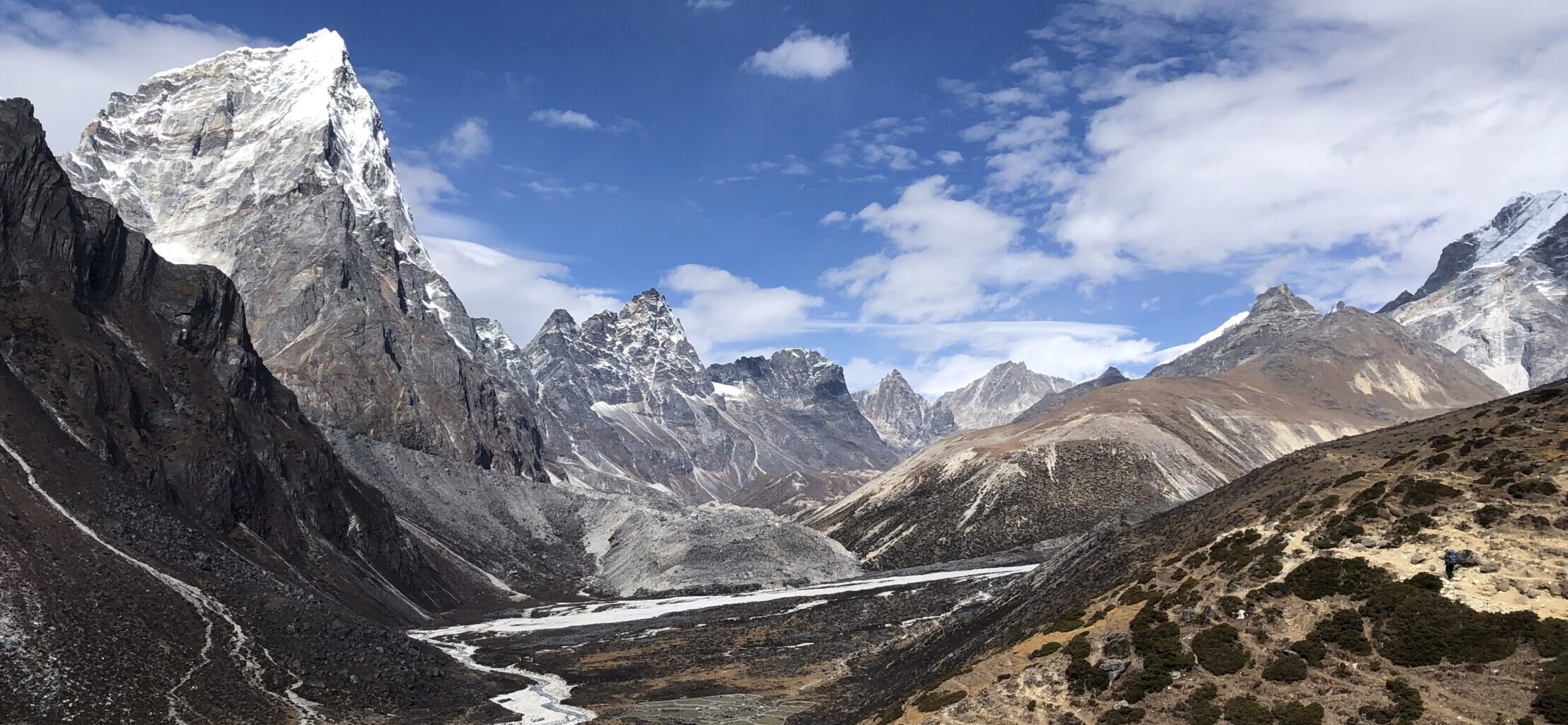With so many options for hiking shoes and brands, it can be challenge to find the right one. And I always thought you must wear hiking boots.
However these are some of the reasons why boots might not be the right choice:
- They are heavy. The heavier your hiking shoes, the more energy you need to put into swinging your feet therefore you will get tired much faster.
- They are non-breathable. This will make your feet sweaty and sweaty feet are more likely to cause blisters.
- They are rigid. They cause chaffing and other sore points. This means you need to suffer through several extremely painful hikes and hope you will break them in fast, if at all.
Some people don’t have any issues with hiking boots, but they simply do not work for me.
In general I recommend trail runner or similar sport shoe. The market is over-saturated with various options and it can be difficult for beginner to navigate and find the right pair. I would say you should make a list of your requirements which will narrow your options.

Tips for finding your perfect hiking shoe:
1. Weight
When selecting hiking shoes, weight of the shoes is important. Even if you are wearing hiking boots, there are now many lightweight options on the market so I would opt for those.
You do not need to go for the most expensive lightweight option out there, but you should definitely consider the weight in your selection criteria.
2. Terrain
What kind of terrain will you use your shoes for? Walking in the mountains will require different shoe sole than walking on a pavement. Can you afford different shoes for different terrain or do you need bit of hybrid shoe? Soles designed for trails will wear off faster on pavement, which would be waste of your money.
If you plan to go through rough terrain, you will need also consider shoes which are made from more durable materials. A lot of shoes are made with a mesh which can get damaged if you plan to go through bushes or similar conditions.
3. Breathable and waterproof
There are not many shoes that are both breathable and waterproof. Unless I am hiking in the snow, I prefer breathable shoes. Since waterproof shoes are not breathable, they will make your feet sweat, trap the moisture in and then it is difficult to get them dry. The same goes if they got wet by other means.
4. Style and Fit
How much support do you need? Personally I’m an advocate of barefoot shoes but this might not be suitable for everyone.
Regardless it is always good idea to get shoes with wider toe box. This might not be the most fashionable option, but your feet will thank you and you will avoid a lot of pain and discomfort.
I also recommend to get shoes half a size or full size larger for longer hikes. Your feet will likely get swollen and the extra room will come in handy.
And lastly you should like the overall look of the shoe and how it fits with the rest of your hiking clothes. If you do not like it, you will not wear it.
5. Budget
You should decide on the budget before you start looking for your ideal pair of shoes and stick to it. Once you start looking you get excited about all the various styles and features but the price is important. Do you really want to spend the money on some cool design or put the money towards nice treat while hiking?
If you are really lost, you can always find a store nearby that offers shoe fitting, meaning they will help you choose the right shoe for you. This can be great help, but I recommend that you keep in mind that they are there to make a sale.
I also recommend reading some books to give you better ideas around footwear, see HERE
